Improper disposal of everyday items down sinks or toilets causes billions of dollars in damage to plumbing systems and municipal wastewater facilities each year. According to the U.S. Environmental Protection Agency (EPA) and the Water Environment Federation, clogged pipes, sewer backups, and water contamination often trace back to household habits. Below are ten items that should never go down drains or toilets and why proper disposal matters.
Grease, Fats, and Cooking Oil: Pipe-Clogging Culprits
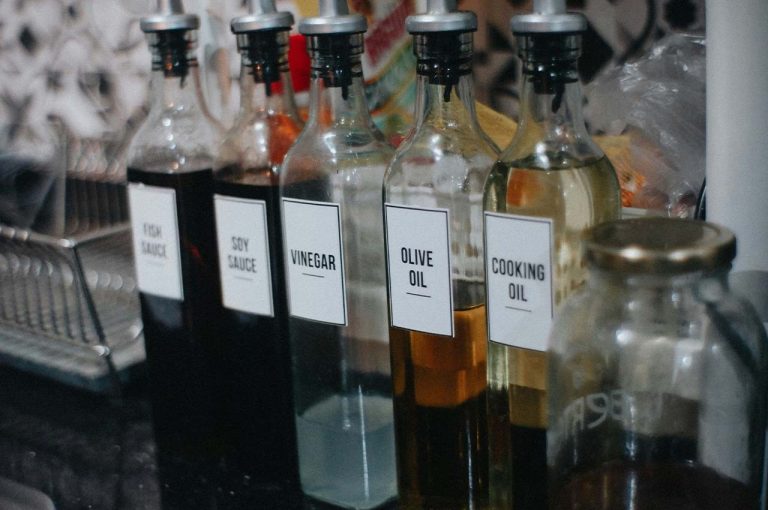
When poured down drains, fats, oils, and grease (FOG) solidify inside pipes, causing “fatbergs”—large blockages that cost U.S. cities an estimated $25 billion annually to clear. The EPA advises cooling grease, placing it in a sealed container, and disposing of it in household trash rather than drains.
Flushable Wipes: The Misleading Label
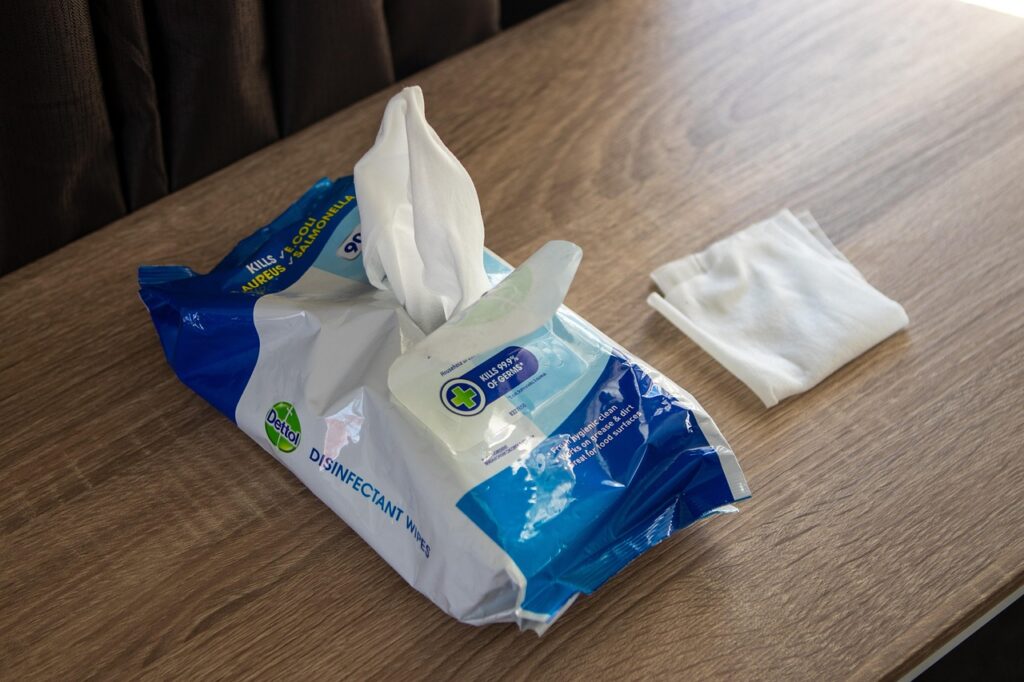
Despite being labeled “flushable,” most wipes do not break down like toilet paper. A 2020 study by Ryerson University in Canada tested 23 wipe brands and found none disintegrated sufficiently in water. Instead, they bind with grease and debris to create sewer blockages, prompting wastewater utilities worldwide to issue warnings against flushing them.
Coffee Grounds: Plumbing’s Silent Enemy
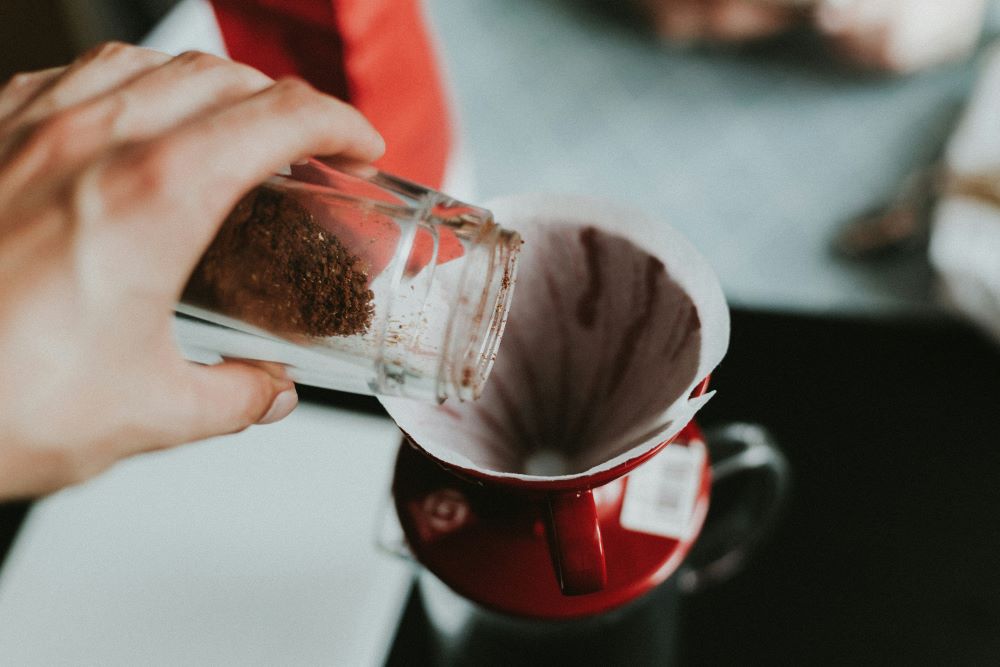
Coffee grounds don’t dissolve in water. Instead, they clump together and accumulate in drainpipes, acting like sediment that worsens over time. Plumbing experts report coffee grounds as one of the most common culprits in household sink clogs. The recommended alternative is composting, as coffee grounds add valuable nitrogen to soil.
Medication and Pharmaceuticals: A Toxic Drain Mistake
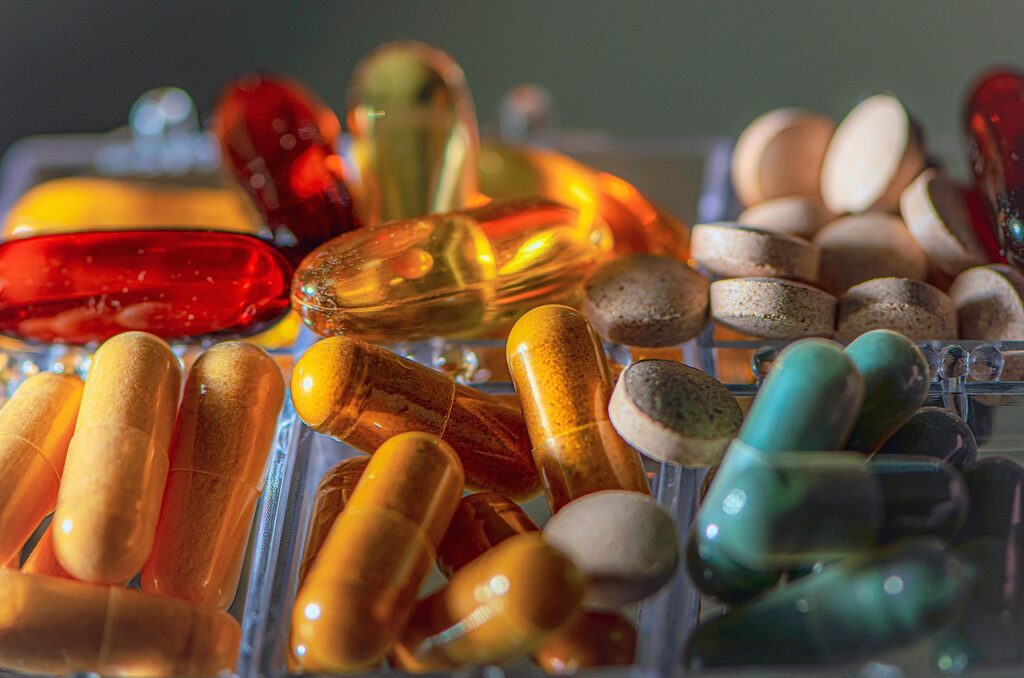
The FDA warns that flushing medicines introduces pharmaceutical chemicals into waterways, where wastewater treatment plants cannot fully remove them. Studies by the U.S. Geological Survey have detected trace pharmaceuticals in nearly 80% of sampled rivers and streams. Instead, use drug take-back programs or follow FDA disposal guidelines to prevent water contamination.
Paint and Paint Thinner: Hazardous to Water Supplies
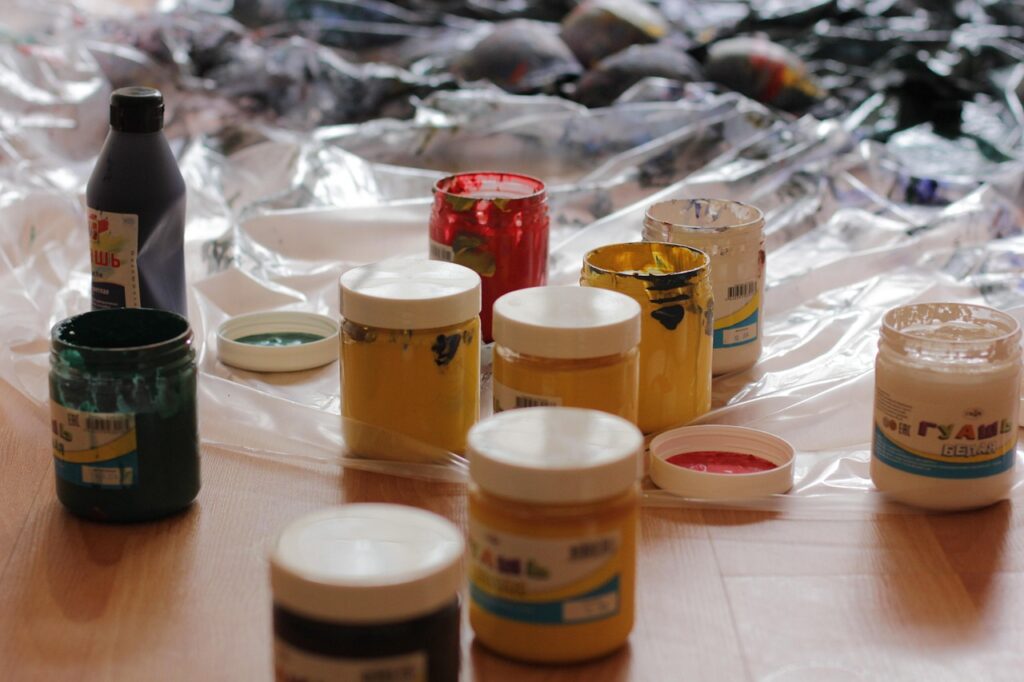
Latex paint, oil-based paint, and solvents like paint thinner contain chemicals harmful to aquatic ecosystems. The EPA classifies many of these as household hazardous waste (HHW). Pouring them down drains contaminates water supplies and damages sewer infrastructure. Most communities offer HHW collection sites for safe paint and solvent disposal.
Eggshells and Food Scraps: Garbage Disposal Trouble

Although garbage disposals are designed to handle small scraps, eggshells and fibrous foods like celery or potato peels can damage blades and clog pipes. Eggshell membranes wrap around disposal parts, while the grit contributes to sediment buildup. The U.S. Department of Agriculture recommends composting food waste instead of sending it down drains.
Cat Litter (Even the “Flushable” Kind): A Pathogen Risk
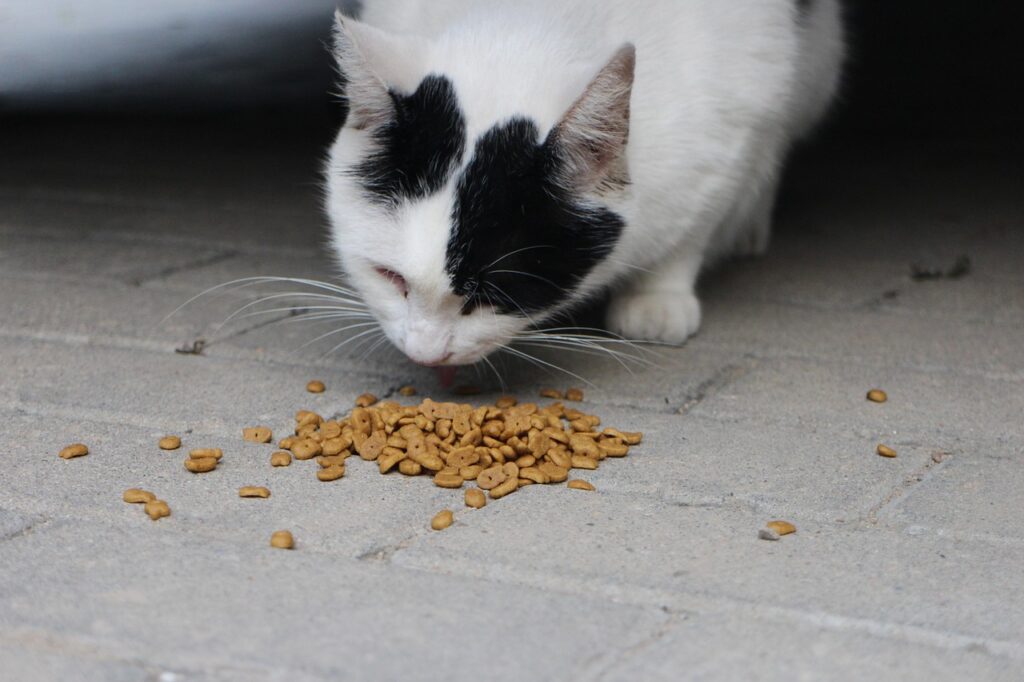
Cat feces can contain Toxoplasma gondii, a parasite dangerous to pregnant women and marine life. Wastewater treatment plants are not designed to eliminate this pathogen, which can reach rivers and oceans. The Centers for Disease Control and Prevention (CDC) advises disposing of cat litter securely in sealed trash bags, never in toilets.
Hair and Dental Floss: Stringy Blockages Waiting to Happen
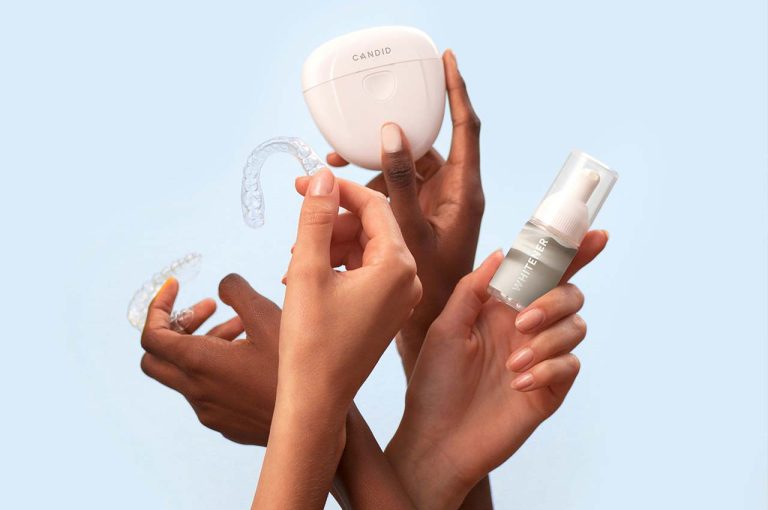
Hair naturally tangles and knots, while dental floss is non-biodegradable. Together, they form rope-like clumps that trap grease and debris in pipes. The American Water Works Association identifies hair and floss among the top causes of slow drains in households. Trash disposal is the safest option for both.
Harsh Chemical Cleaners: More Harm Than Help
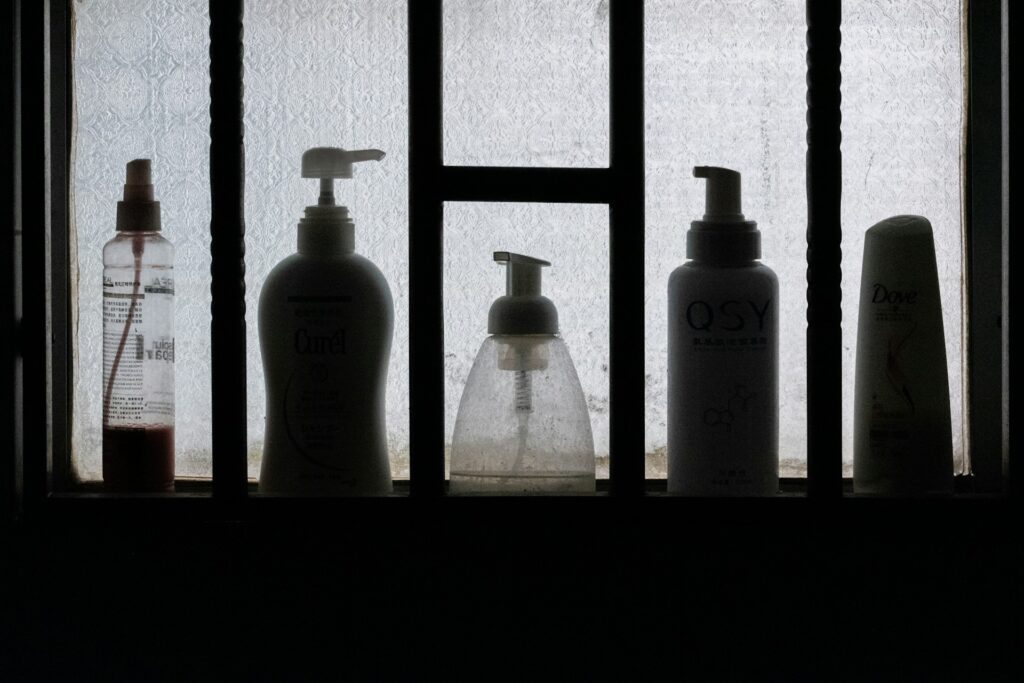
Drain-cleaning chemicals may provide temporary relief but often corrode pipes and disrupt wastewater treatment. According to the National Capital Poison Center, these cleaners contain lye or sulfuric acid, which harm septic systems and leak into groundwater. Mechanical methods like plungers or plumbing snakes are safer for both pipes and the environment.
Motor Oil and Automotive Fluids: Toxic Environmental Hazards
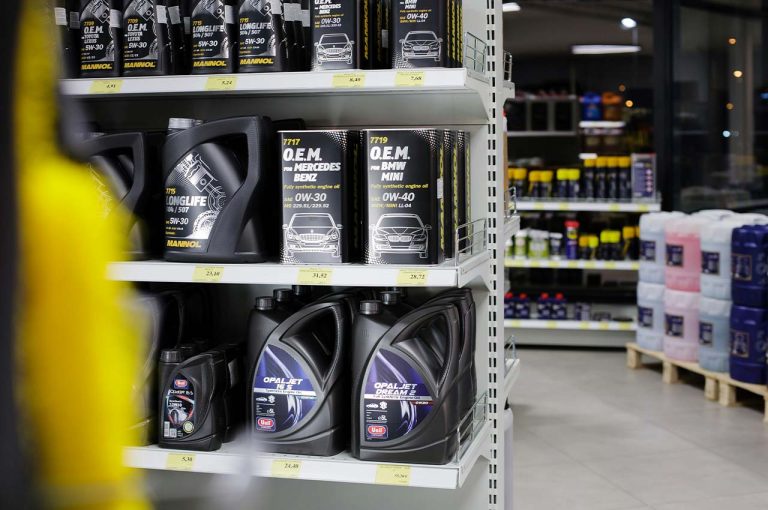
The U.S. Environmental Protection Agency estimates that just one gallon of improperly disposed motor oil can contaminate up to one million gallons of fresh water. Antifreeze and transmission fluids contain equally hazardous chemicals. Auto parts stores and service stations nationwide accept used oil and fluids for recycling, ensuring safe handling and reuse.
Comments